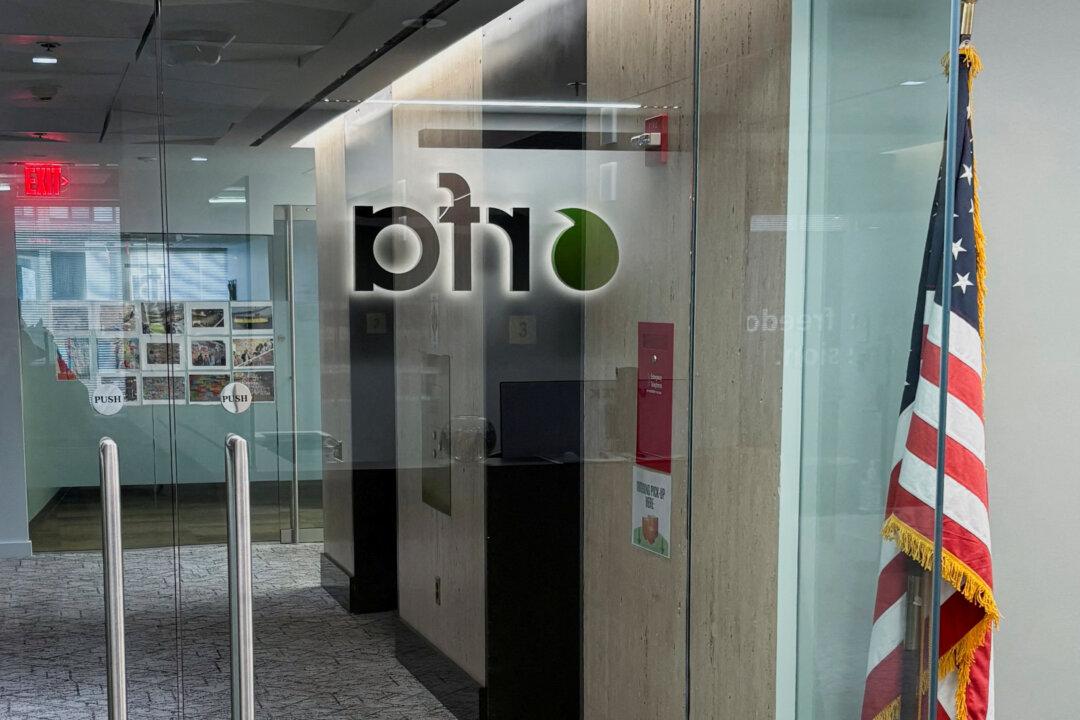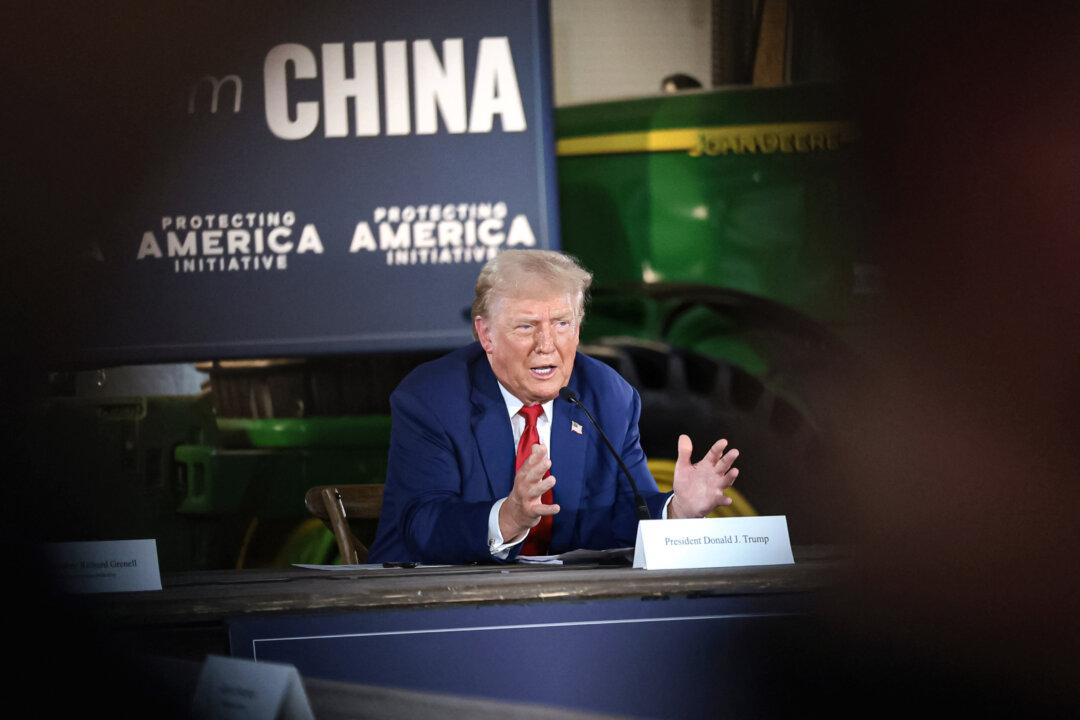Commentary
For many years, the Chinese Communist Party (CCP) has acquiesced to digital currency operations in China. But in 2018, it began to restrict Bitcoin transactions while still secretly encouraging Bitcoin mining. However, now that large amounts of funds are fleeing the country through virtual currencies, Chinese authorities seem determined to crack down on it.





